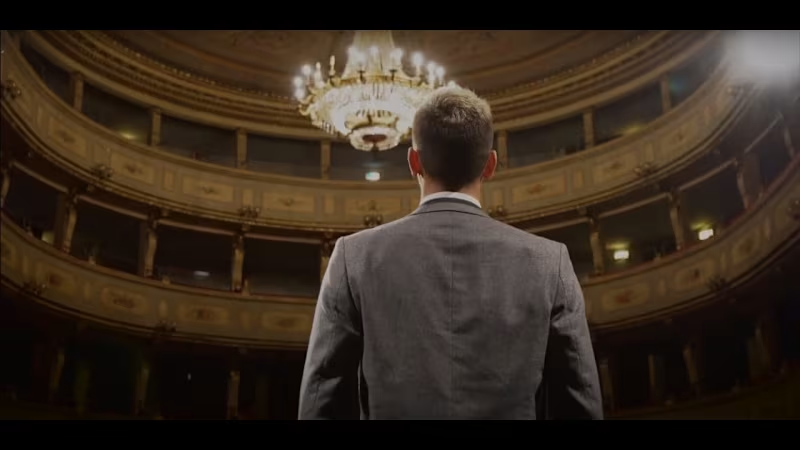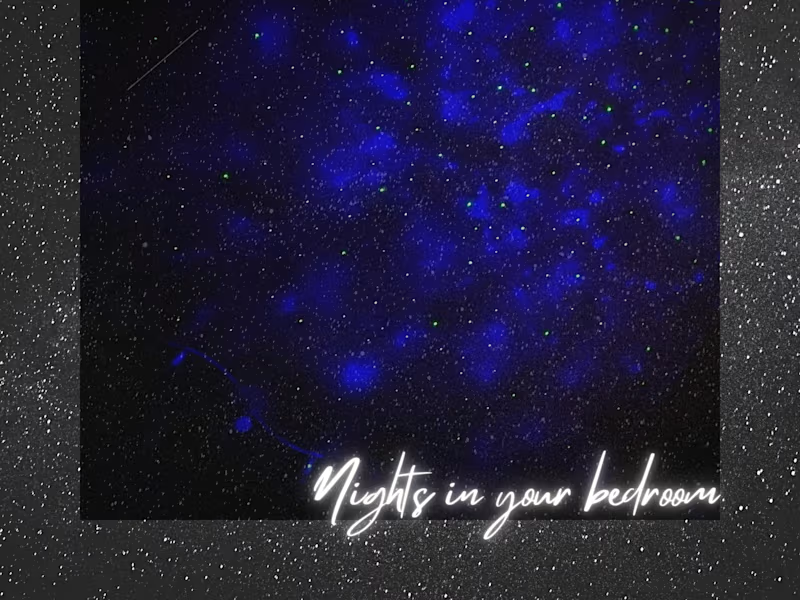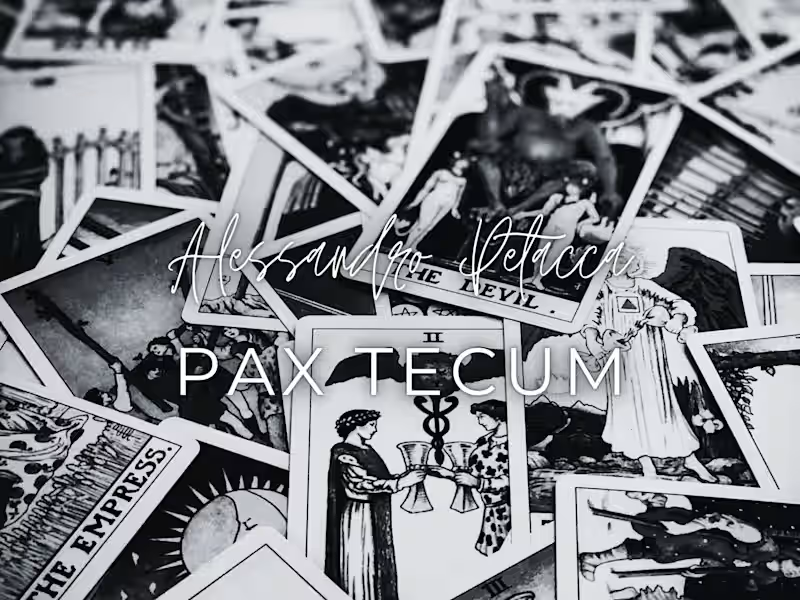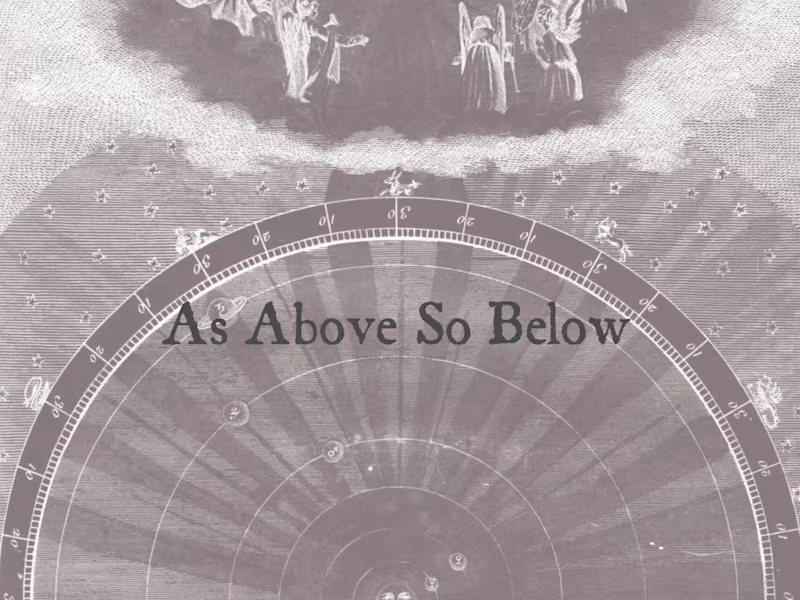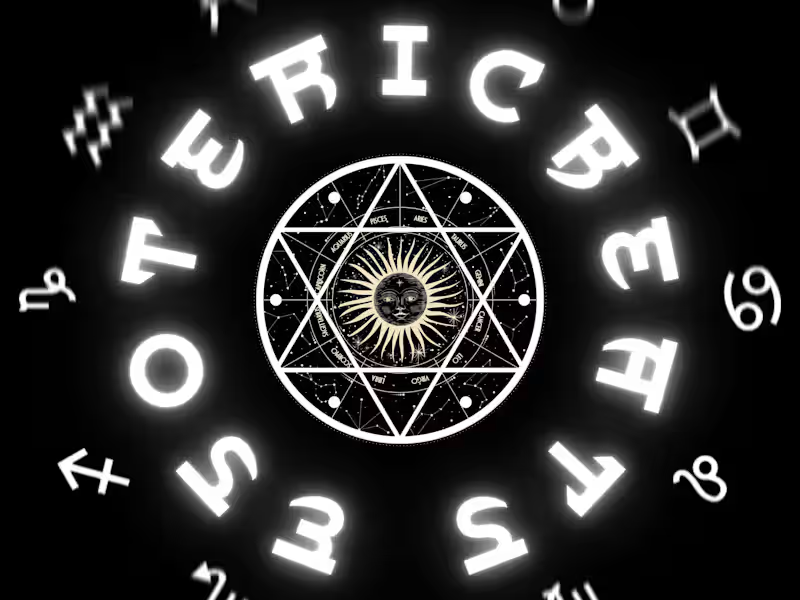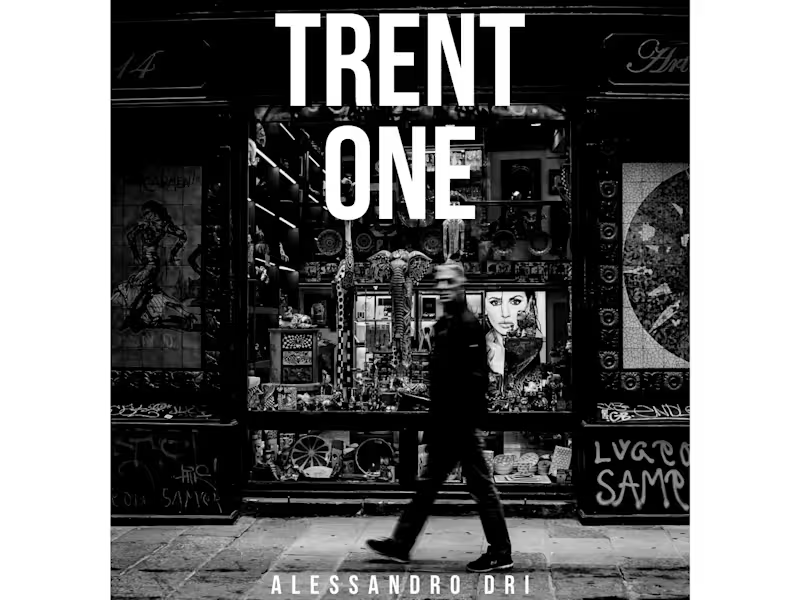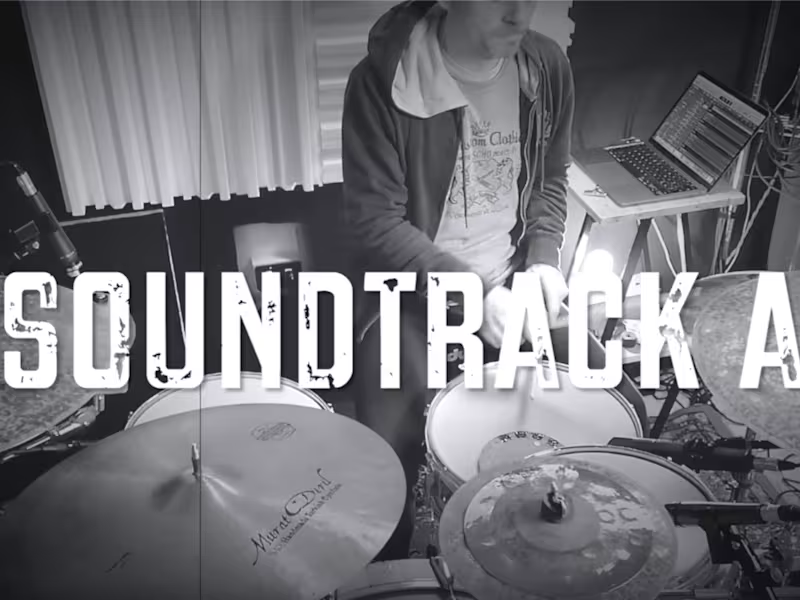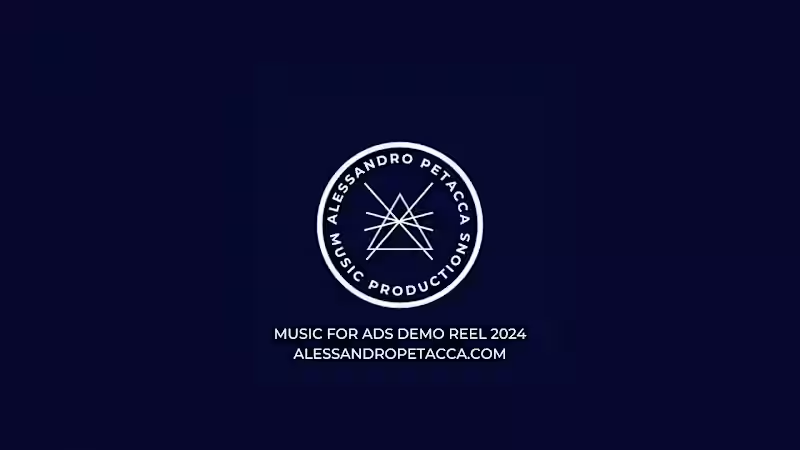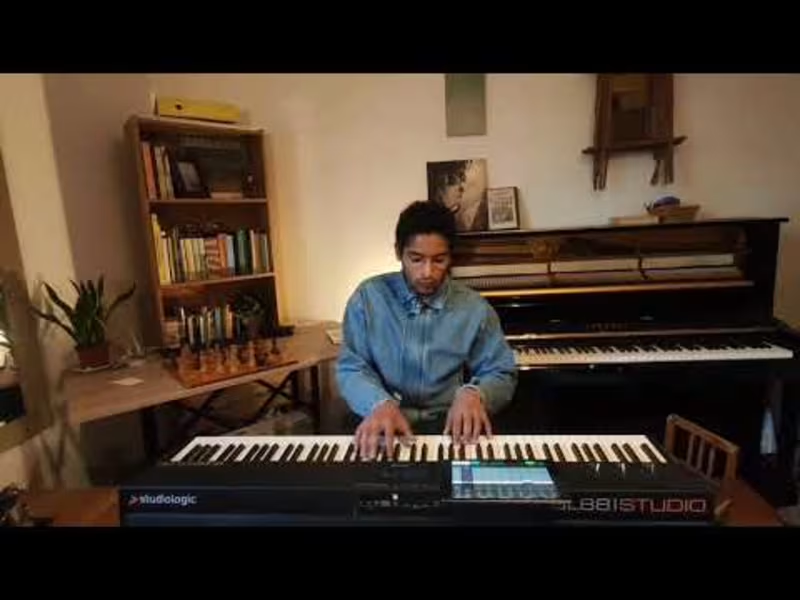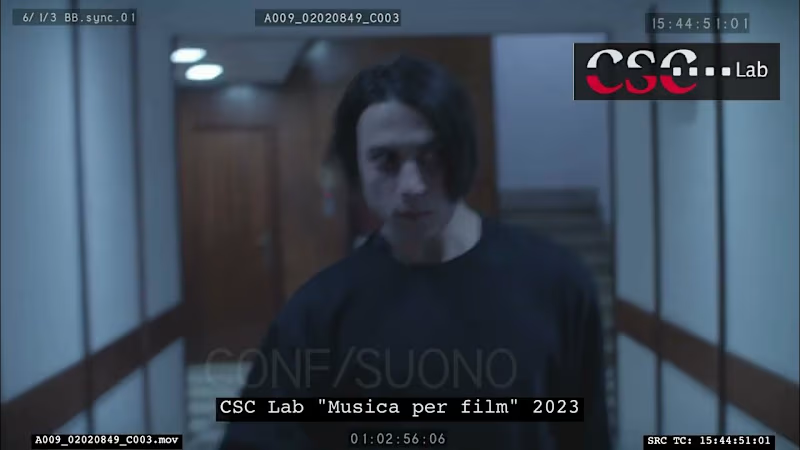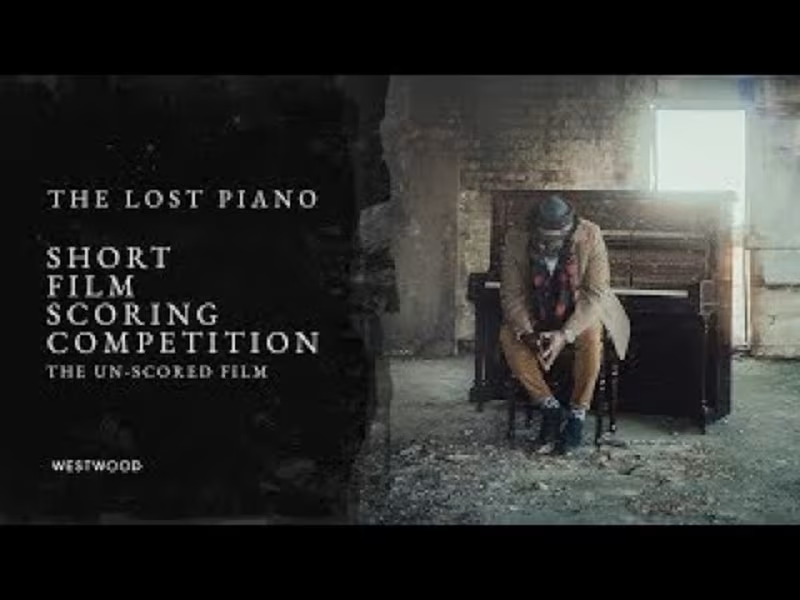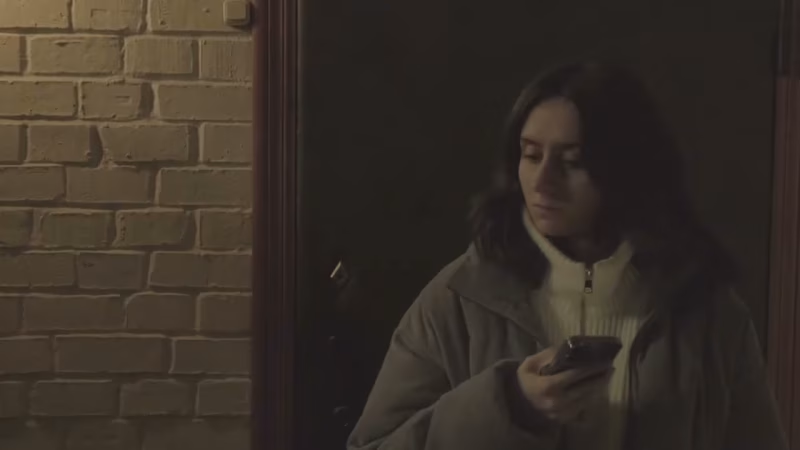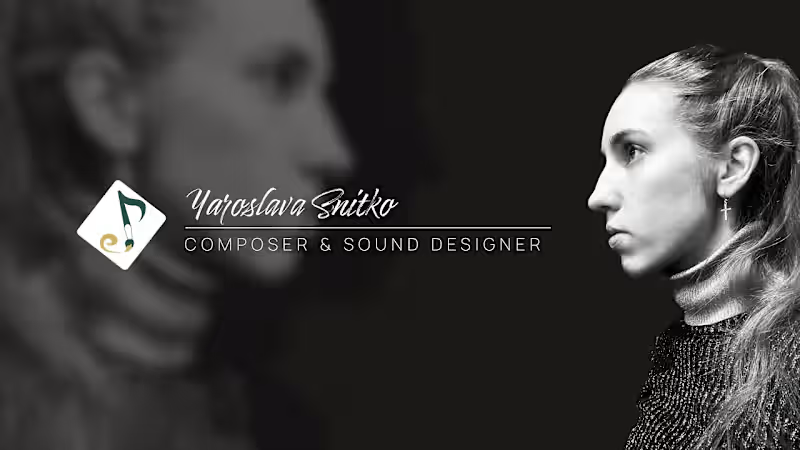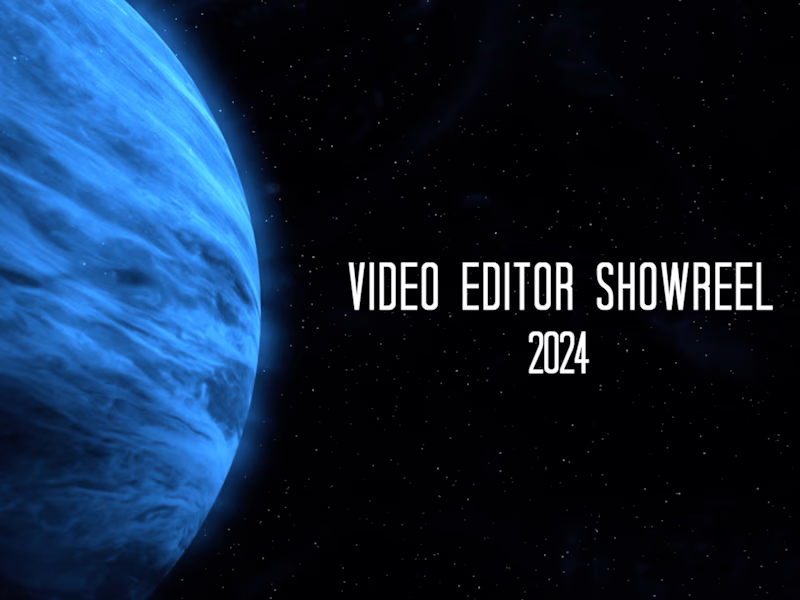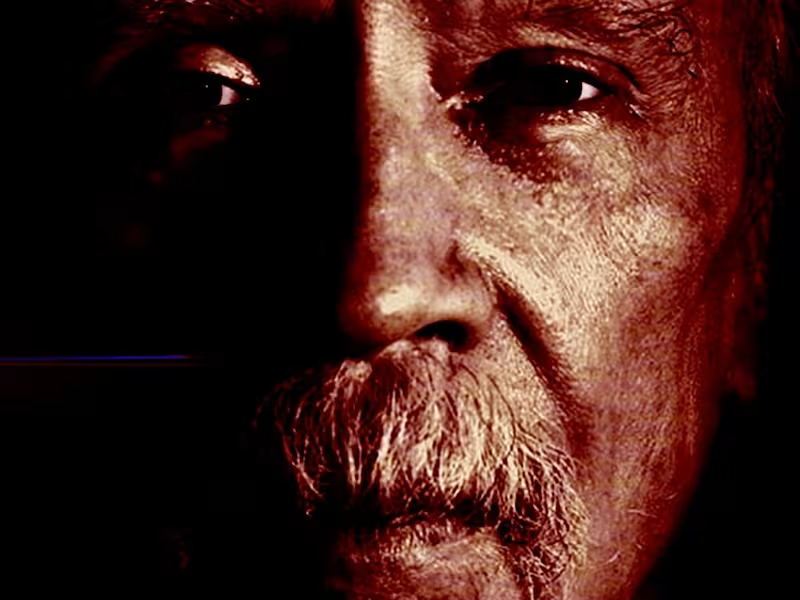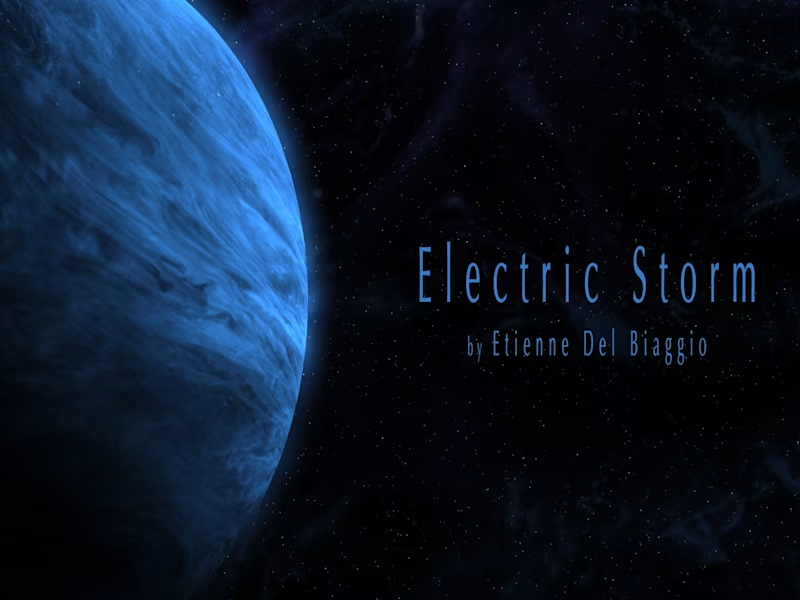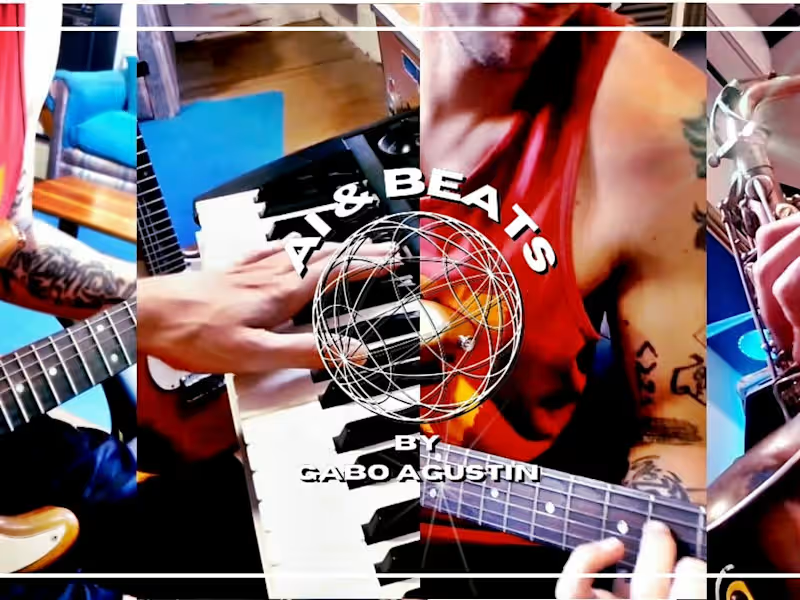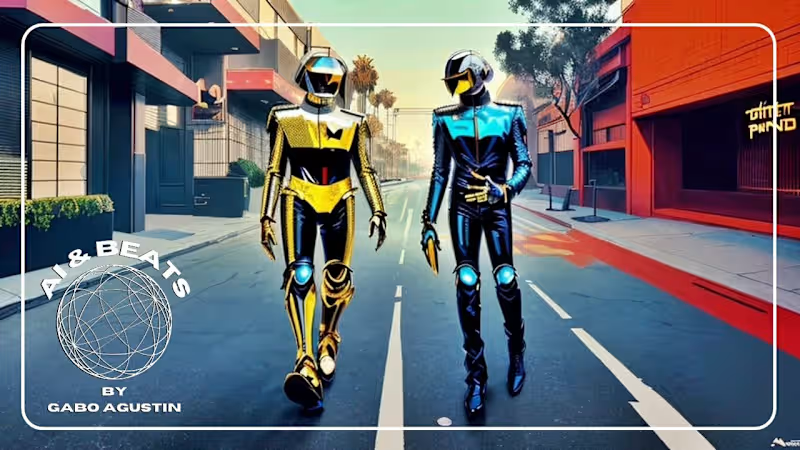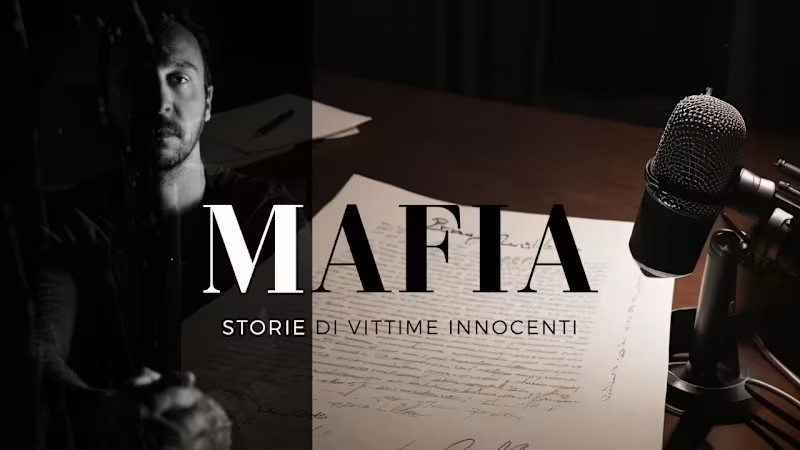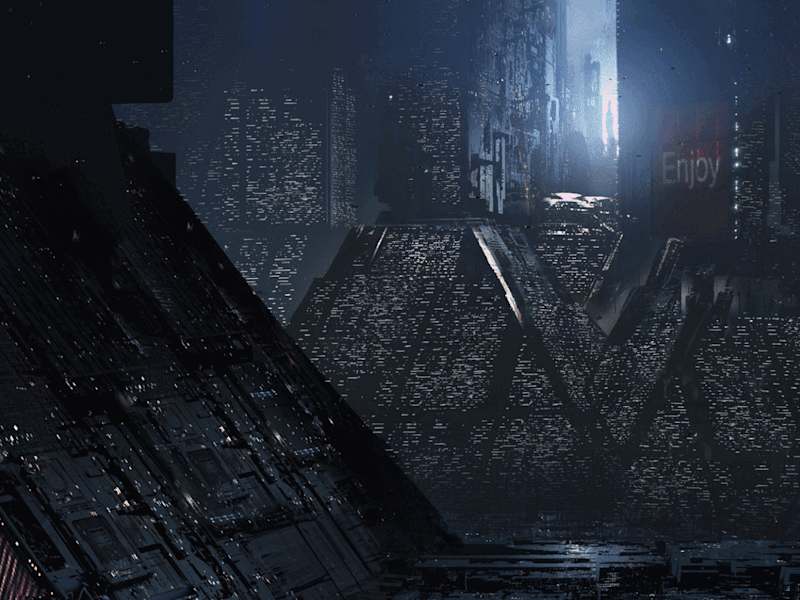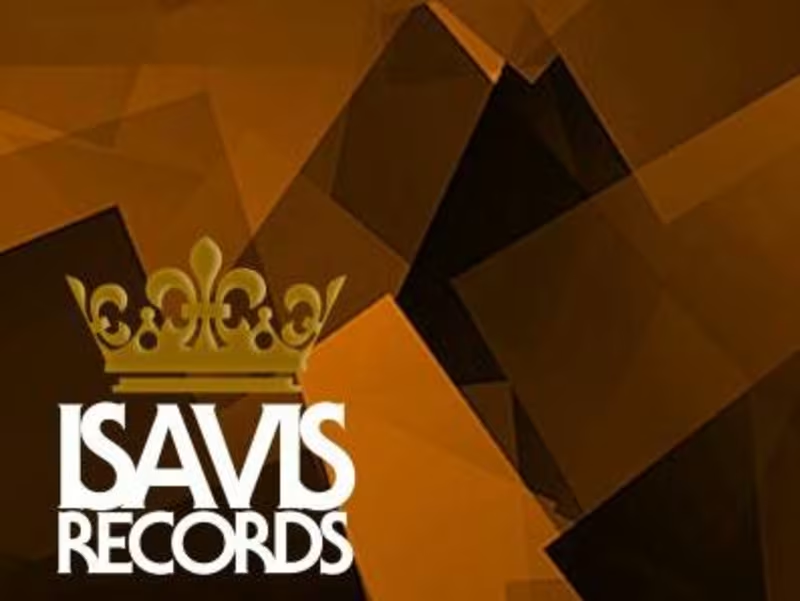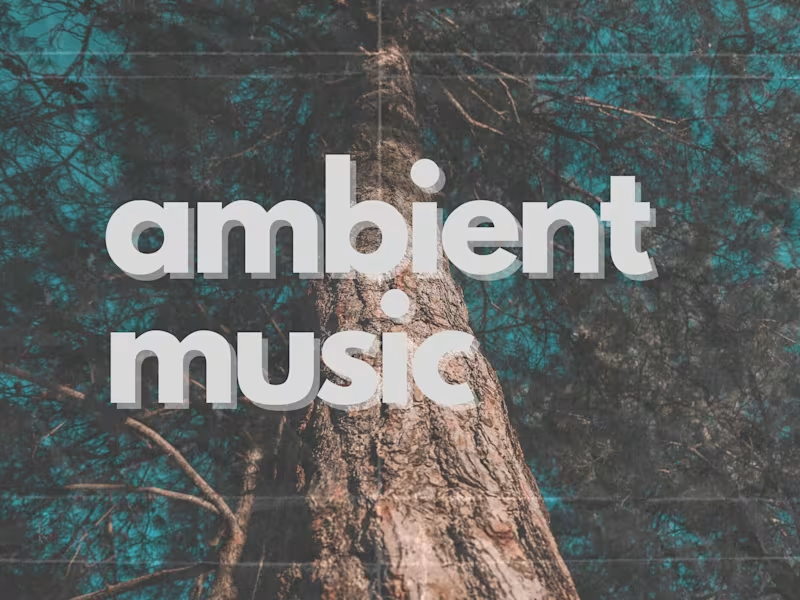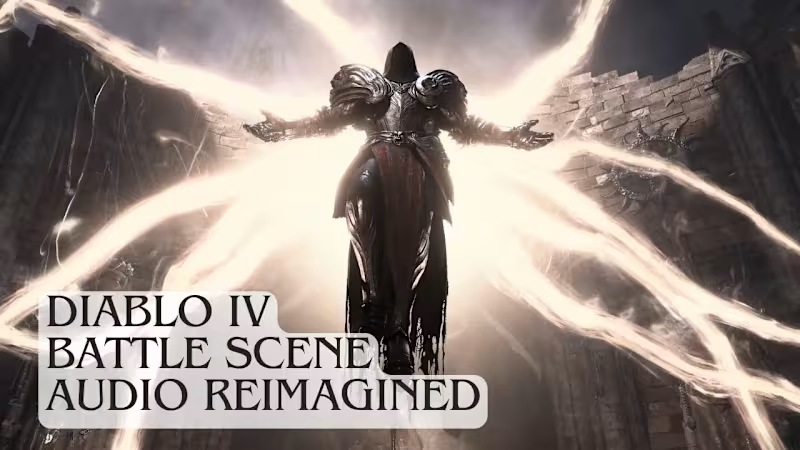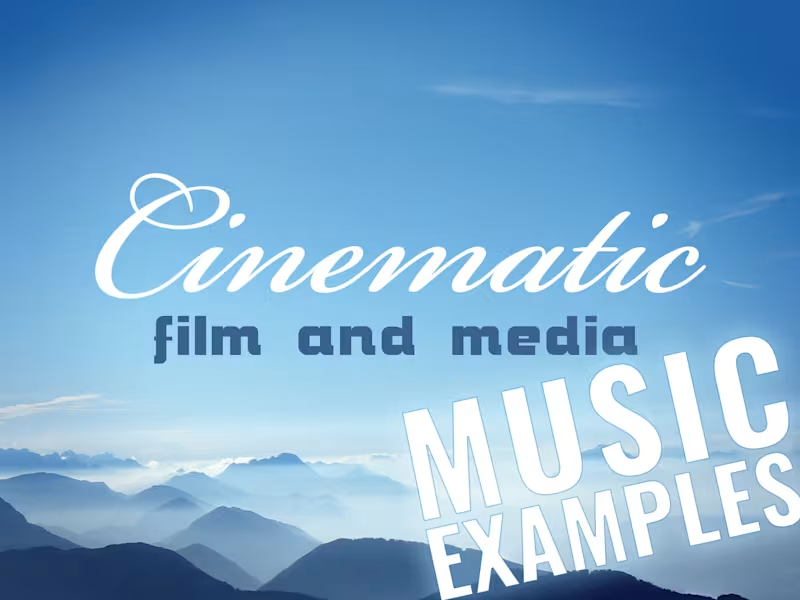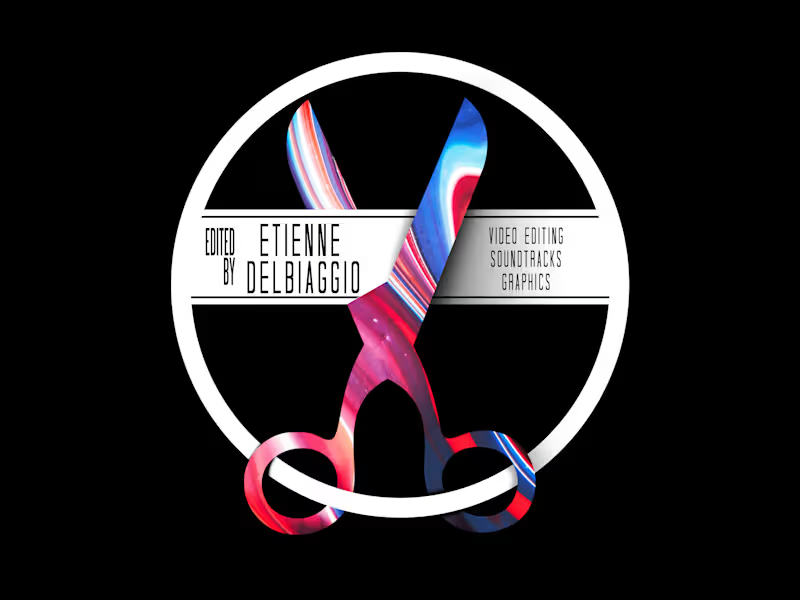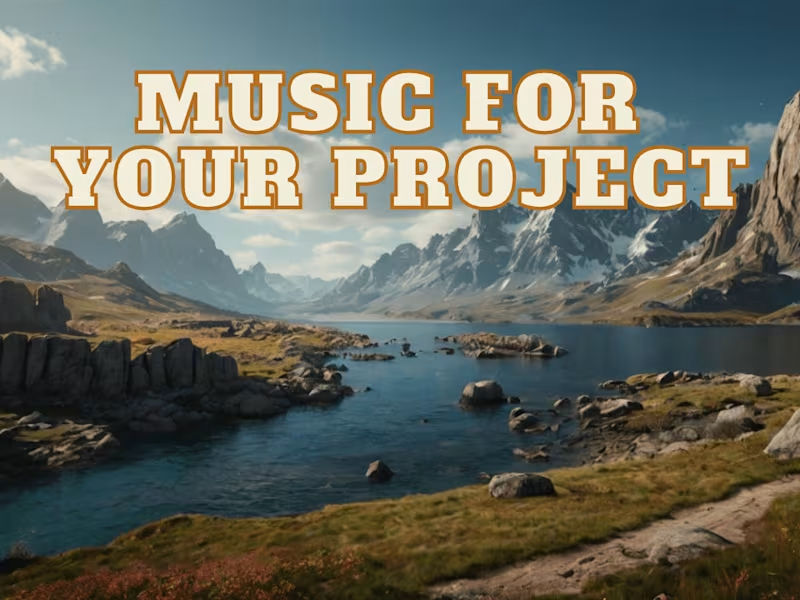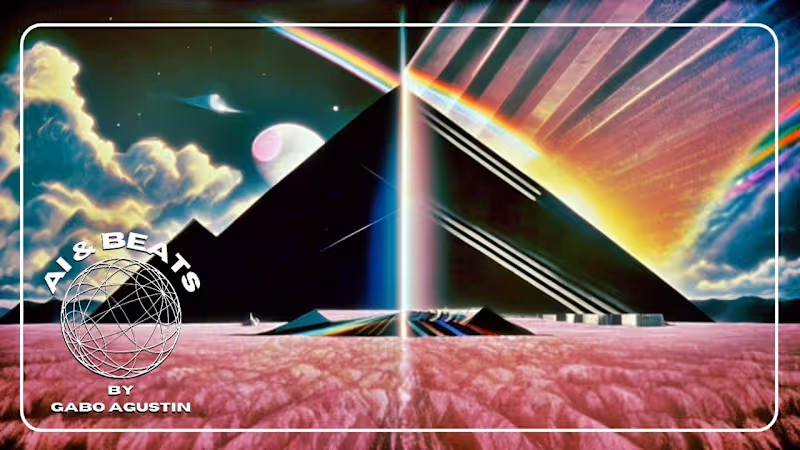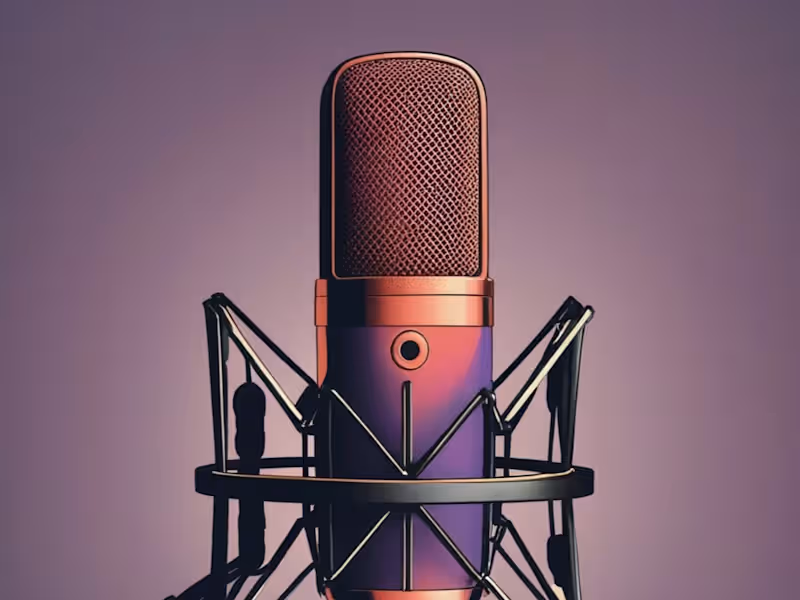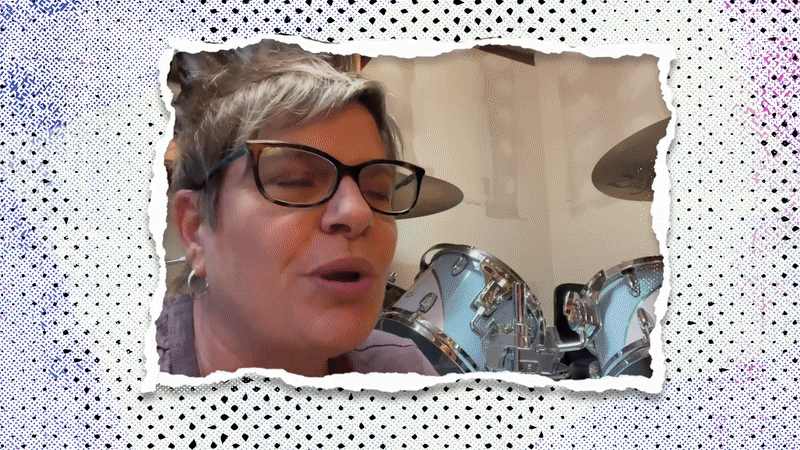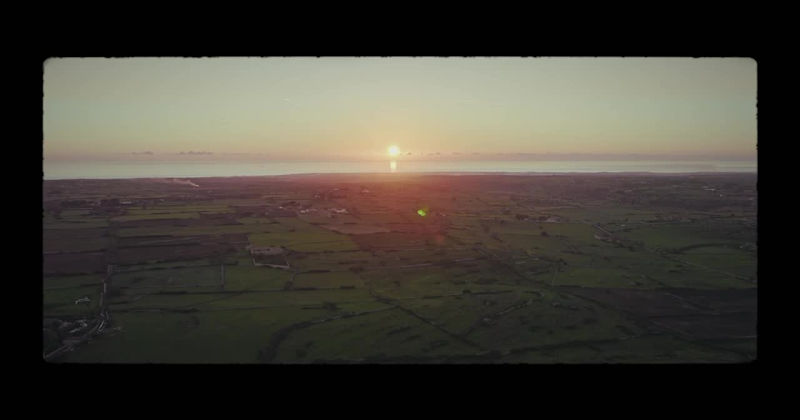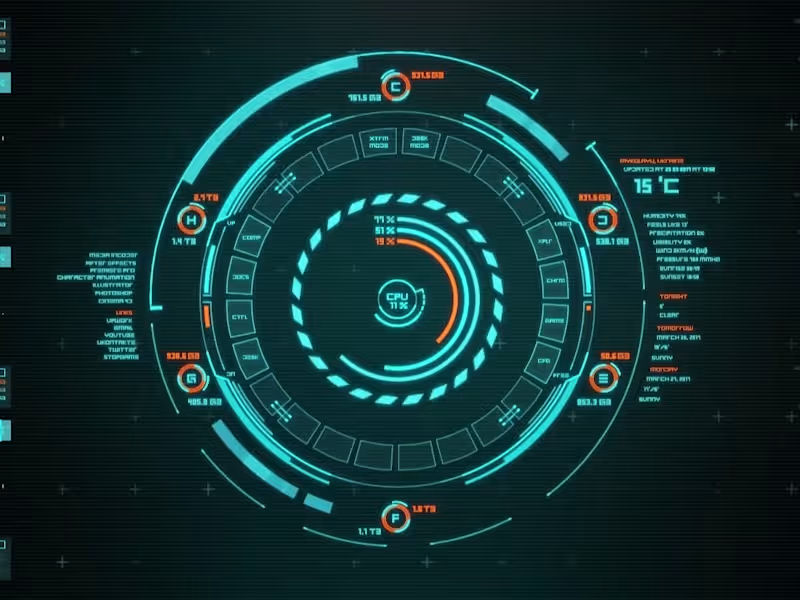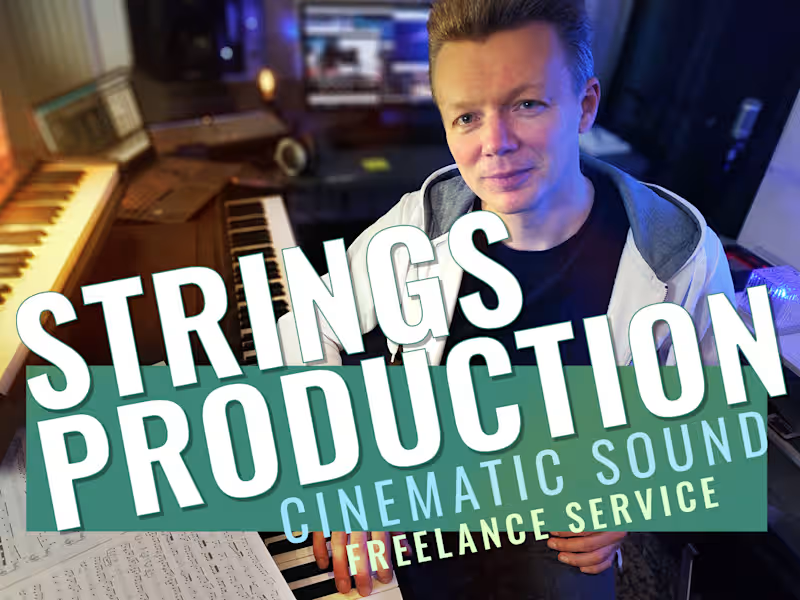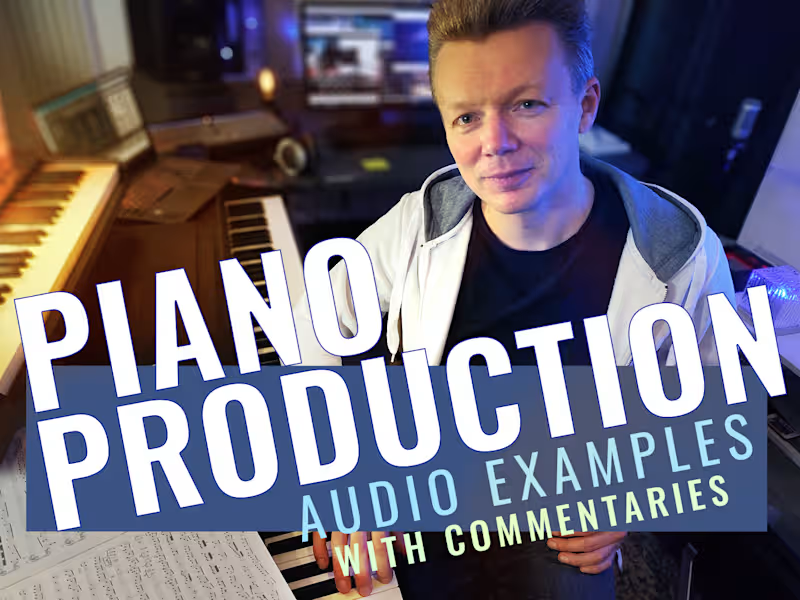How can I identify what kind of music my project needs?
First, think about the mood you want to create. Is it happy, sad, or exciting? Then, decide if you need background music or a main song. Make sure to describe this clearly in your project details, so the composer knows exactly what you want. Talking with the composer about your project's goals can also help.
What information should I include in the project brief for a composer?
Your project brief should include the project's theme or purpose. Share any specific genres or instruments you like. Talk about your audience and any deadlines, too. Giving the composer your vision helps them create the sound you need.
How do I choose between samples that different composers provide?
Listen closely to each sample for the style and quality. Ask yourself which one matches your project's needs the best. Think about if the music makes you feel the way you need it to. The right sample will capture the essence of what you want for your project.
What should I discuss with a composer before setting a project deadline?
First, ask how much time they usually need for a project like yours. Think about any special dates when you need the music ready. Make sure to leave room for changes or adjustments. Good communication here keeps everyone on the same page.
How can I make sure the composer understands my project’s vision?
Share lots of examples of music you like. Describe how you want the audience to feel when they hear the music. Ask for updates and listen to drafts to see if it’s on track. The more you share, the better they can match your vision.
What type of deliverables should I expect from a composer?
Confirm the format you want the music files in like MP3 or WAV. Ask for the music track without voiceovers if you need it. Make sure to get all rights to use the music as you wish. Clear deliverables help avoid confusion.
What kind of revisions process should be discussed with a composer?
Talk about how many times you can ask for changes. Decide how long each change should take. Understanding this helps if you want to make the music better after the first version. Agreeing on revisions makes sure you’re happy with the final piece.
How do I explain my brand identity to a composer?
Share what makes your brand special and different. Use stories or images as examples. Describe who your customers are and how your brand makes them feel. Giving a clear sense of your brand helps the composer make music that truly fits.
What should be communicated to a composer in terms of project feedback?
Be specific about what you like or want changed in the music. Use clear language to convey your thoughts. Positive feedback helps create better collaboration. Good communication ensures the composer can adjust the music to meet your expectations.
How can I ensure the music is original and not plagiarized?
Ask the composer about their creation process. Make sure they create original compositions. Request a signed document stating the music is unique and yours to use. Being thorough here helps protect your project’s integrity.
Who is Contra for?
Contra is designed for both freelancers (referred to as "independents") and clients. Freelancers can showcase their work, connect with clients, and manage projects commission-free. Clients can discover and hire top freelance talent for their projects.
What is the vision of Contra?
Contra aims to revolutionize the world of work by providing an all-in-one platform that empowers freelancers and clients to connect and collaborate seamlessly, eliminating traditional barriers and commission fees.






































